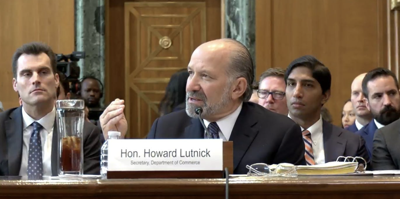In Our View: Trump Administration Doubles Down on Pulling Investment Away from Rural Internet Access
Update Below - New Information
NTIA, the federal office administering the largest single investment to expand Internet access across the nation, appears to once again be changing the BEAD program in ways that would only force states to further reduce investment in rural areas.
Commerce Secretary Howard Lutnick, who oversees the NTIA office, has already introduced delays to the $42.5 billion Internet access expansion program, creating a year-long slow-down at a time when many states could be already connecting homes.
Now, even as the administration claims to be expediting the process, NTIA seems to have added yet another time-consuming wrinkle: a super secret “Best and Final Offer” round imposed on states after submitting final proposals.

A quick reminder of where we are: states were forced to redo all their work in recent weeks to follow new rules aimed at cutting costs by making the program demonstrably worse for hundreds of thousands of families.
Rather than spend money to help get these families access to comparably affordable fiber networks, states now have to push billions toward low-Earth orbit satellite services which offer them far worse connectivity at much higher prices to each subscriber. And yet, NTIA called this process of reducing investment in rural America the “Benefit of the Bargain” round.



